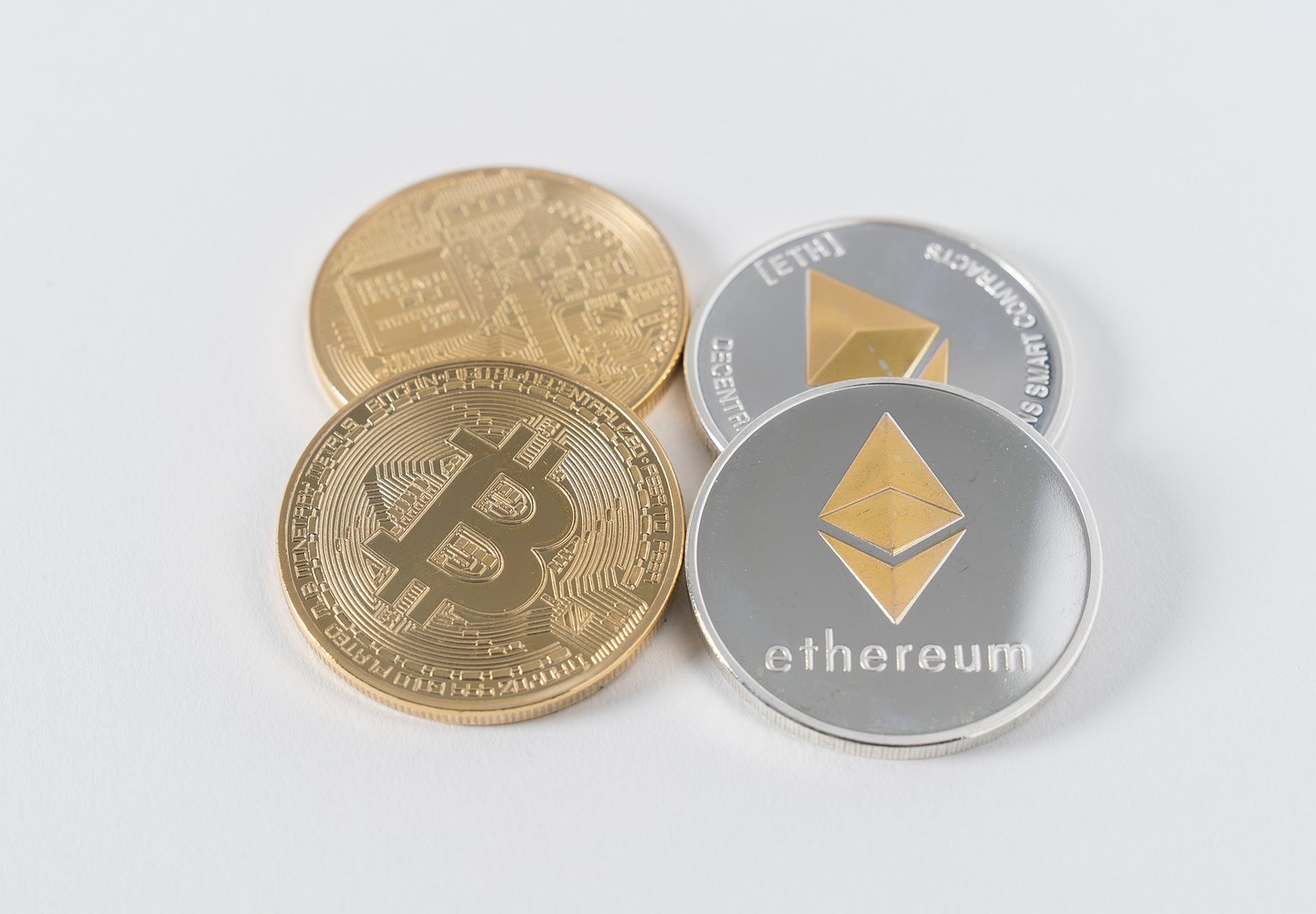 Blockchain was a top discussion point last
year, but after the initial burst not much has appeared in the press.
However, that doesn't mean that blockchain is any less important ... or
its rollout dormant in any way. In fact, according to the AdLedger
Conference hosted in partnership with GABBCON, Dear Marketers: Help Me
Help You, there has been decisive progress in rolling out the protocol
in the media industry. One major initiative is the creation of Ad
Ledger, which is described as a "forum for collaboration" by Gabe
Greenberg, Co-Founder GABBCON. Over the span of two years, Ad Ledger
has quietly ramped up. Christiana Cacciapuoti as Executive Director,
just announced a set of board members (including c-founding companies
as Tegna, MadHIve and IBM), holding-company members and new rules of
engagement. The most important aspect of Ad Ledger at this time is to
educate the industry and present the parameters of what blockchain can
and can't do.
Blockchain was a top discussion point last
year, but after the initial burst not much has appeared in the press.
However, that doesn't mean that blockchain is any less important ... or
its rollout dormant in any way. In fact, according to the AdLedger
Conference hosted in partnership with GABBCON, Dear Marketers: Help Me
Help You, there has been decisive progress in rolling out the protocol
in the media industry. One major initiative is the creation of Ad
Ledger, which is described as a "forum for collaboration" by Gabe
Greenberg, Co-Founder GABBCON. Over the span of two years, Ad Ledger
has quietly ramped up. Christiana Cacciapuoti as Executive Director,
just announced a set of board members (including c-founding companies
as Tegna, MadHIve and IBM), holding-company members and new rules of
engagement. The most important aspect of Ad Ledger at this time is to
educate the industry and present the parameters of what blockchain can
and can't do.GABBCON helped co-launch Ad Ledger and then transferred the GABBCON working group into it. Becoming a founding partner was important, Greenberg explained, "because we saw an opportunity to bring buyers and sellers together in a way that the IAB and other groups weren't doing." He noted that his company is participating to support the work that Ad Ledger is doing, including "breaking down the walled gardens and creating new open standards that help brands and agencies on one side and media sellers on the other side to extract the most value out of the market and pay as little for that as possible." The way to this economic efficiency is by "cutting out the intermediaries and the folks that represent ad taxes," he added.
Greenberg has his eye on accreditation, which is necessary for scale and adoption. "The team is in the early stages of working with the MRC," he indicated. "It takes some time but the process is starting."
Looking to the future, Greenberg hopes that two years from now Ad Ledger will be at a point where the group "is chasing the scale of an IAB, develops a cryptoRTB standard that reaches a significant scale of the market, is not still in its infancy or nascent stage and that more and more brands are involved."
Currently, Hershey's and Bob Mills Furniture are involved and other brands were in attendance at the event for a look-see. "But we need to get more brands that are demanding these solutions to come to the table and help form them," Greenberg asserted. "More than anything Ad Ledger is a call to the industry to come together. We don't need another consortium that's come and gone. We need a group that is making real impact and making a difference."
For Wallace Kittredge, Senior Content Strategist for Bob Mills Furniture, a regional retailer of furniture, blockchain and participation in Ad Ledger will help his company explore more options, help justify their digital and offline budgets and close loops. "Reporting is difficult enough at this time," he says. "Blockchain will help with transparency and valuation."
For others, implementing blockchain into the media pipeline will help solve for one persistent vexing problem – ad fraud. “Blockchain has many use cases from identity and risk management to fraud and decentralizing data," explains Alysia Borsa, Chief Marketing and Data Officer, Meredith. "The low hanging fruit is fraud. With disparate data coming in, how do we bring it all together in a centralized form? How do we create pilots that will be proof of concept for advertisers?”
This article first appeared in www.MediaVillage.com




